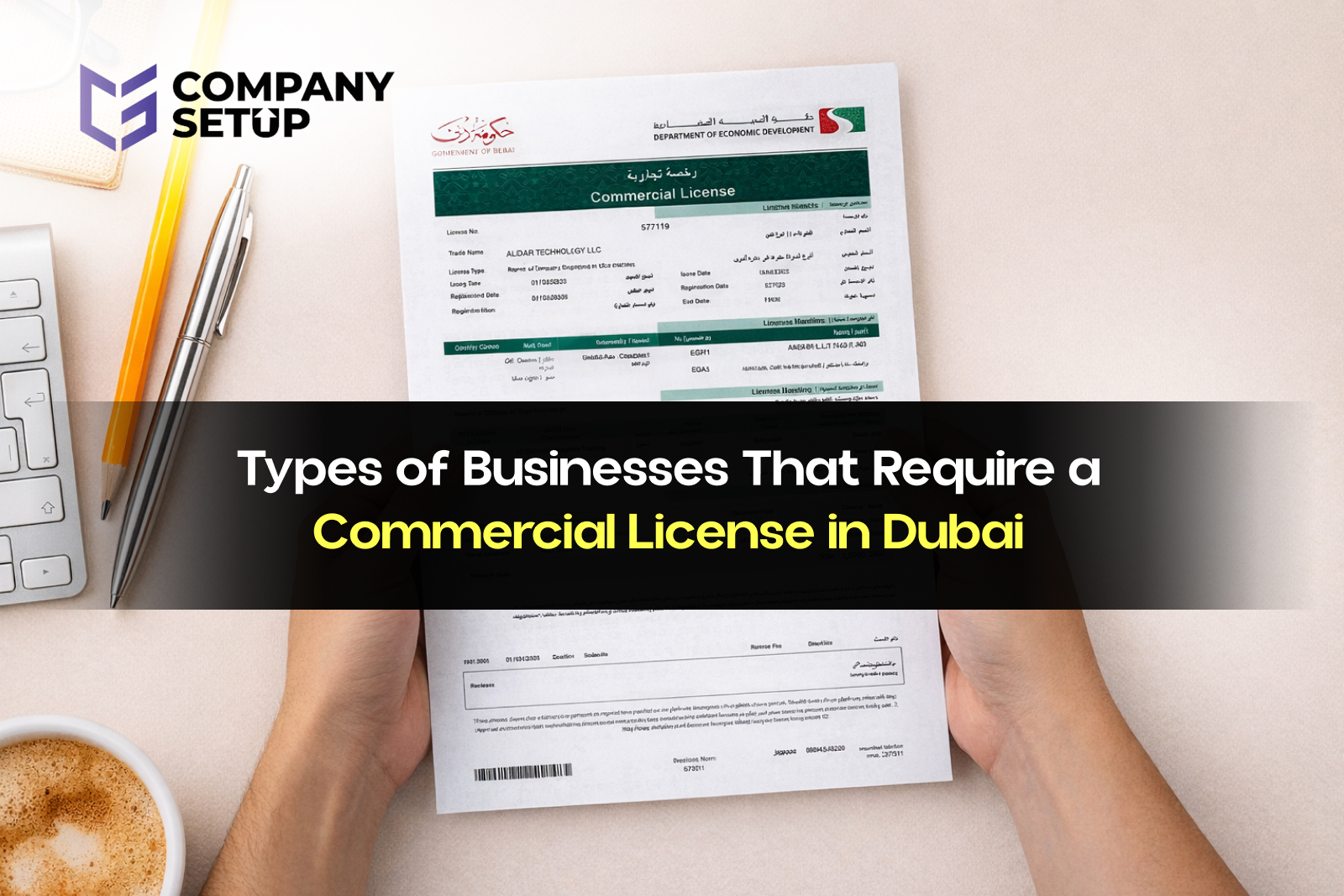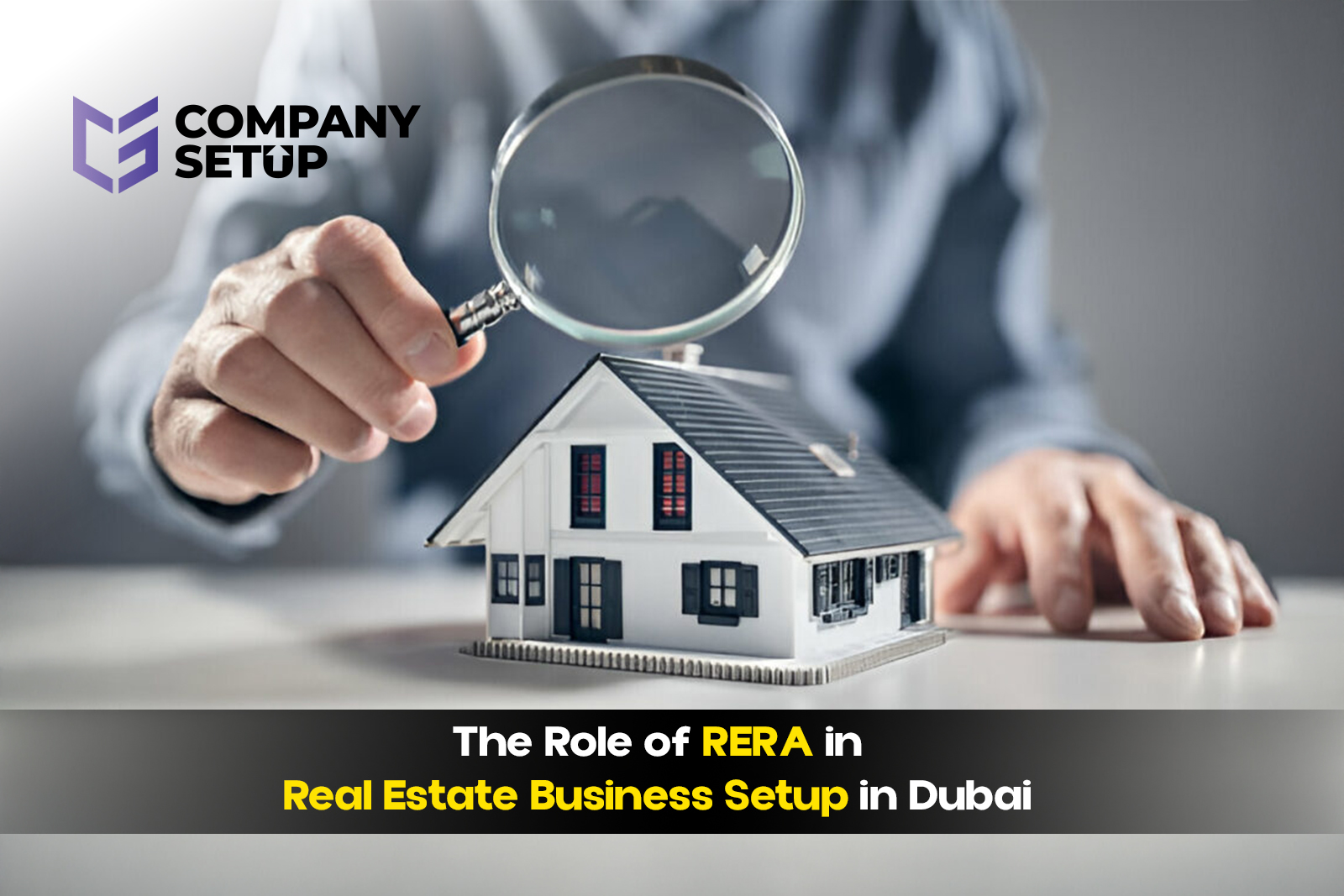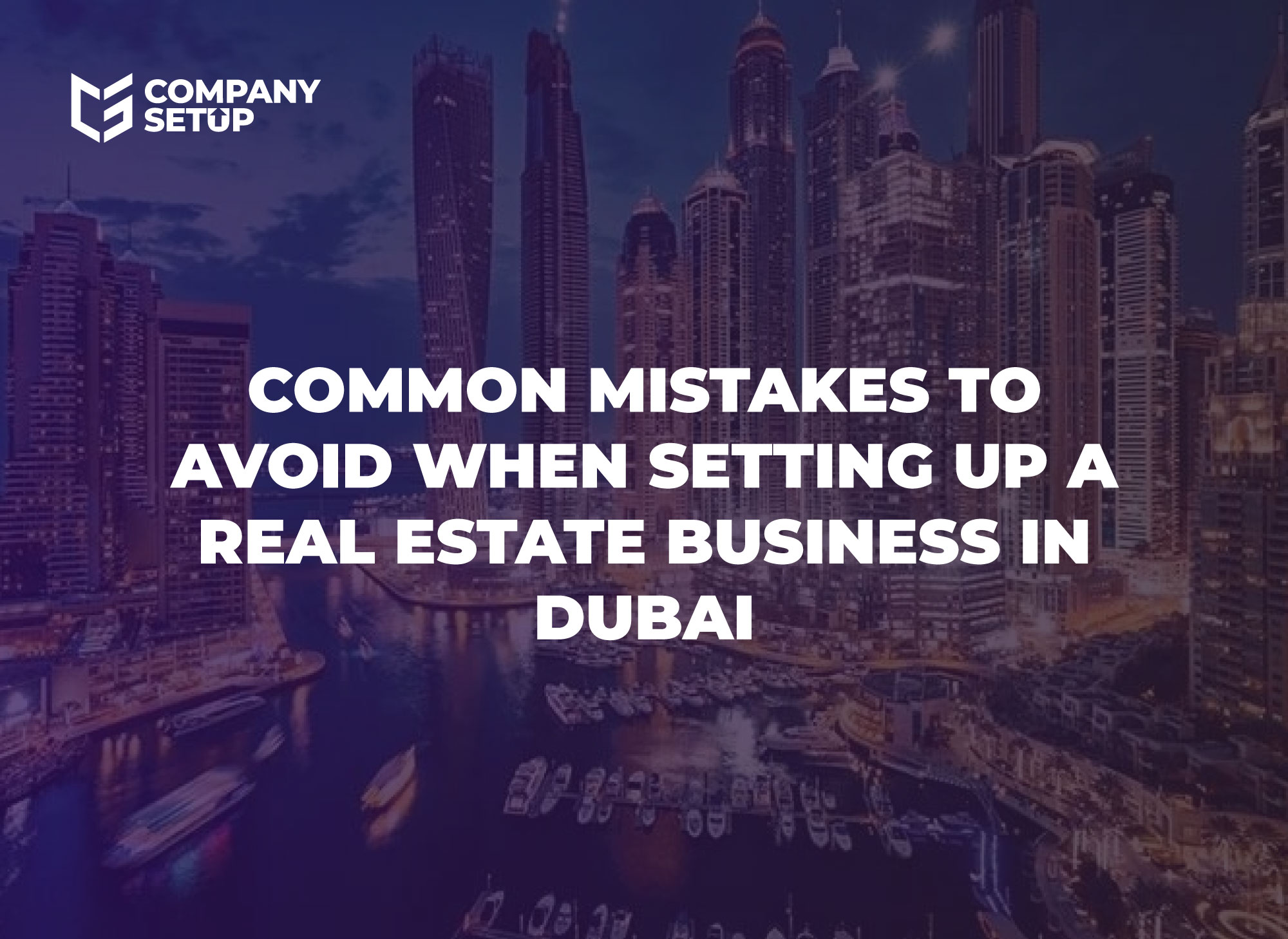Dubai is one of the hottest real estate markets in the world. With its tax advantages, growing expat population, booming luxury segment, and ambitious infrastructure projects, it’s no surprise that investors and entrepreneurs are eager to launch real estate businesses here. But here’s the thing: success isn’t just about spotting an opportunity. It’s about executing it right.
Setting up a real estate business in Dubai comes with its own rules, regulations, and cultural nuances. A small oversight can slow down your launch, trigger legal issues, or cost you a fortune. Whether you’re starting a brokerage, a property management company, or launching your own development firm, avoiding rookie mistakes is non-negotiable.
Let’s break down the most common mistakes entrepreneurs make when setting up a real estate business in Dubai and how to avoid them.
1. Not Understanding the Regulatory Landscape
Real estate in Dubai is heavily regulated by the Dubai Land Department (DLD) and the Real Estate Regulatory Authority (RERA). Every real estate business must comply with licensing, documentation, and training requirements.
The Mistake: Many entrepreneurs assume that general business setup knowledge is enough. It’s not. Real estate is a unique category, and failing to obtain RERA certification or disregarding activity-specific licensing can result in fines or license cancellation.
How to Avoid It:
- Understand the licensing categories: Real estate brokerage, property management, real estate development, leasing services, etc.
- Register with RERA and ensure all agents are certified.
- Make sure your business activities are properly listed on your license.
- If unsure, consult UAE business setup experts who specialise in real estate.
2. Choosing the Wrong Legal Structure or Jurisdiction
Not all company structures are created equal. Choosing between mainland, free zone, or offshore jurisdiction has profound implications for your business activities, scope, and profit repatriation.
The Mistake: Entrepreneurs often choose the cheapest or fastest option without considering their long-term goals. For example, setting up in a free zone may limit your ability to buy or sell property in Dubai directly.
How to Avoid It:
- If your goal is to operate across Dubai and deal directly with clients and developers, a mainland license is usually more appropriate.
- Consult a business advisor to evaluate the pros and cons of each setup in the context of your business model.
- Factor in licensing renewals, visa quotas, office space requirements, and shareholding rules.
3. Underestimating the Initial Capital Requirements
Dubai real estate is capital-intensive. Even setting up a small brokerage comes with upfront costs, including office space, RERA certification, employee visas, marketing and more.
The Mistake: Some entrepreneurs underestimate the total investment required and run out of funds before securing their first sale or contract.
How to Avoid It:
- Map out all expenses: License costs, Ejari registration, corporate bank account, marketing campaigns, salary commitments, and CRM systems.
- Create a buffer. Assume 3-6 months of operations with zero revenue.
- Speak to others in the industry or financial consultants who can offer realistic budgeting frameworks.
4. Neglecting RERA Broker Registration & Compliance
If you’re planning to run a real estate brokerage, you and your agents must be registered with RERA. This includes completing the necessary training, passing the required exams, and obtaining a broker ID.
The Mistake: Many new brokerage firms assume that holding a general trade license is enough, overlooking the legal requirement for agents to be individually registered with RERA—without this registration, agents cannot legally operate or market properties in Dubai.
How to Avoid It:
- Complete the RERA certification course.
- Register your brokers and business with DLD.
- Ensure your agents renew their licenses annually.
- Stay updated with RERA circulars and compliance changes.
5. No Clear Niche or Differentiator in a Crowded Market
Dubai’s real estate scene is competitive. There are thousands of agencies, both boutique and large-scale, already active.
The Mistake: Many new entrants fail to carve out a distinct identity or niche, instead adopting a generic “we do it all” approach that blends into the crowd and fails to resonate with any specific audience.
How to Avoid It:
- Identify a niche: off-plan, luxury, commercial leasing, short-term rentals, expat relocation.
- Build your business identity around that niche. Train your team, target specific geographies, and build partnerships with developers.
- Work on personal branding for your lead brokers, especially if you’re starting small.
6. Poorly Chosen Office Location or Setup
Setting up a real estate business in Dubai isn’t just about getting a trade license—it also involves meeting very specific location and office space requirements, especially if you’re registering under RERA. Your office isn’t just a workspace; it’s tied directly to your legal compliance, operational ease, and market visibility.
The Mistake: Many new real estate companies in Dubai opt for a virtual office or shared desk to cut costs, only to realise later that RERA mandates a physical, Ejari-registered space. Others pick locations far from their client base or target property areas, which weakens walk-in traffic, local networking, and team efficiency.
How to Avoid It:
- Understand the licensing authority’s requirements. Most real estate businesses must have a physical, Ejari-registered office.
- Pick a location that’s accessible to clients or brokers. Being close to your niche market (like Downtown, Marina, or JVC) helps with visibility and deal flow.
- If you’re going lean, consider a flex office space that still meets the regulatory criteria.
7. Lack of Market Research Before Launch
Dubai’s property trends can change fast. Between off-plan booms, rental law changes, and global investor shifts, jumping in blind is risky.
The Mistake: Starting a real estate business in Dubai without proper market research can lead you into oversaturated segments, low-demand areas, or outdated service models that no longer appeal to current investors and tenants.
How to Avoid It:
- Use DLD open data portals and market intelligence platforms.
- Speak to industry insiders, brokers, and real estate lawyers.
- Stay plugged into real estate forums and LinkedIn groups focused on Dubai property.
8. Overpromising and Under-Delivering to Clients
Dubai’s real estate market thrives on transparency, reputation, and client trust. In a city filled with seasoned investors and well-informed buyers, credibility is everything. Yet, many new real estate businesses in Dubai make the mistake of focusing too much on aggressive sales tactics instead of building long-term client relationships.
The Mistake: Making exaggerated promises—like guaranteed ROI, fixed rental income, or unrealistic handover timelines—just to close a deal can seriously backfire. This approach not only damages your brand credibility but can also result in disputes, bad reviews, and even legal trouble. In Dubai’s competitive property sector, consistently honest and informed communication builds the kind of trust that leads to repeat business and referrals.
How to Avoid It:
- Focus on transparency. Be honest about market fluctuations and expected timelines.
- Train your brokers to manage client expectations.
- Build credibility through consistent service, not big talk.
9. Ignoring the Importance of Digital Presence and Online Marketing
In today’s Dubai real estate market, your online presence is as important as your physical office. Buyers and investors search online first, often forming their first impression based on your website and social media.
The Mistake: Many new real estate businesses skimp on digital marketing or rely solely on traditional methods. A poorly designed website, weak SEO, or inactive social media pages mean lost leads and missed opportunities.
How to Avoid It:
- Invest in a professional, mobile-friendly website optimised for Dubai real estate keywords.
- Use SEO strategies to rank for searches like “Dubai property for sale” or “real estate agents Dubai.”
- Maintain active social media channels (Instagram, LinkedIn, Facebook) showcasing your listings, success stories, and market insights.
- Consider paid advertising targeted to Dubai’s expat and investor demographics.
- Track analytics to refine your strategy and improve lead generation.
10. Neglecting to Build a Strong Local Network
Dubai’s real estate market thrives on relationships with developers, brokers, legal consultants, and government bodies. Building the right network can fast-track access to off-market listings, priority unit allocations, and smoother transaction processes.
The Mistake: Many new real estate businesses in Dubai make the error of relying solely on property portals or digital leads, overlooking the value of strong industry connections. Without established partnerships, it’s harder to gain credibility, source exclusive inventory, or navigate complex deal structures. In a relationship-driven market like Dubai, your network often defines your growth potential.
How to Avoid It:
- Attend industry events, exhibitions, and seminars.
- Build partnerships with developers and mortgage brokers.
- Engage regularly with local agents and business groups.
A strong network opens doors to exclusive listings, referrals, and valuable market insights.
11. Failing to Prioritise Client Relationship Management (CRM)
Managing leads and staying responsive is crucial in Dubai’s fast-paced property market. Clients expect quick answers, clear updates, and professional service.
The Mistake: Many new real estate businesses in Dubai rely on basic spreadsheets or ad-hoc follow-ups. This leads to missed inquiries, delayed responses, and a disjointed client experience. Without a proper CRM or communication system in place, it’s hard to scale or build trust.
How to Avoid It:
- Implement a CRM system tailored for real estate.
- Track client preferences, interactions, and deal stages.
- Automate reminders and follow-ups.
- Use data to personalise service and improve conversion rates.
CRM tools not only save time but also build trust through consistent communication.
12. Overlooking Compliance with Anti-Money Laundering (AML) Regulations
Dubai enforces strict Anti-Money Laundering (AML) rules in real estate because of the large sums involved.
The Mistake: Many new real estate companies in Dubai overlook AML compliance or assume it’s optional. Failing to register with the FIU, conduct proper client due diligence, or maintain transaction records can result in heavy penalties and damage to your reputation.
How to Avoid It:
- Train your staff on AML policies.
- Conduct customer due diligence (CDD) for buyers and sellers.
- Keep proper records and report suspicious activities to the authorities.
- Stay updated with changes in local AML laws.
Compliance is not optional—it protects your business and builds client confidence.
13. Not Investing in Staff Training and Development
Your team is the face of your business. In Dubai’s fast-moving real estate market, agents need more than just sales skills—they need knowledge.
The Mistake: Many new real estate companies in the UAE hire quickly but skip structured training. Without regular updates on RERA regulations, off-plan trends, and client handling techniques, agents can make costly errors or lose client trust. A well-informed team gives you a competitive edge from day one.
How to Avoid It:
- Schedule regular training sessions on RERA regulations, negotiation skills, and customer service.
- Encourage certifications from the Dubai Real Estate Institute.
- Foster a culture of continuous learning.
Well-trained staff enhance professionalism and client satisfaction.
14. Setting Unrealistic Sales Targets and Growth Expectations
Dubai’s real estate market offers high returns, but it also experiences cyclical demand and shifting investor interest.
The Mistake: Startups often chase aggressive growth by setting unrealistic sales goals. This leads to short-term thinking, poor service quality, and high staff turnover. A better approach is aligning targets with market data and building steady, sustainable growth.
How to Avoid It:
- Analyse historical sales data and market forecasts.
- Set achievable short- and long-term goals.
- Focus on steady growth and building a reputation.
- Regularly review and adjust targets based on real-time market feedback.
Realistic expectations help you stay grounded and sustainable.
15. Failing to Nurture Post-Sale Relationships
Real estate success in Dubai doesn’t end at closing. Referrals and repeat deals often come from past clients.
The Mistake: Many new property firms in Dubai focus solely on acquisition and neglect after-sales service. Ignoring the client’s post-transaction means missing out on word-of-mouth marketing and future opportunities. A simple follow-up strategy can set your agency apart.
How to Avoid It:
- Implement follow-up protocols to check client satisfaction.
- Offer assistance with documentation, property management, or resale.
- Request and showcase client testimonials.
- Maintain periodic communication via newsletters or updates.
Happy clients become your best marketing channel.
16. Ignoring the Value of Professional Legal Support
Every Dubai property deal involves complex paperwork, from title transfers to due diligence.
The Mistake: Some real estate businesses try to handle legal documentation internally without qualified legal consultants. This increases the risk of contract errors, disputes, or compliance issues. Working with legal experts from the start ensures smoother transactions and protects your business.
How to Avoid It:
- Partner with experienced real estate lawyers familiar with Dubai laws.
- Review all contracts and agreements thoroughly.
- Stay informed about changes in property regulations.
- Use legal counsel for dispute resolution or due diligence checks.
Strong legal support safeguards your business and clients.
Conclusion
Setting up a real estate business in Dubai can be highly rewarding, but avoiding these common mistakes is key to long-term success. From understanding regulatory requirements and choosing the right legal structure to investing in marketing, networking, and compliance, every step matters. If you want a smooth, hassle-free real estate company setup with expert guidance, Company Setup is here to help. Reach out today to navigate the complexities confidently and build a business that thrives in Dubai’s dynamic property market.









